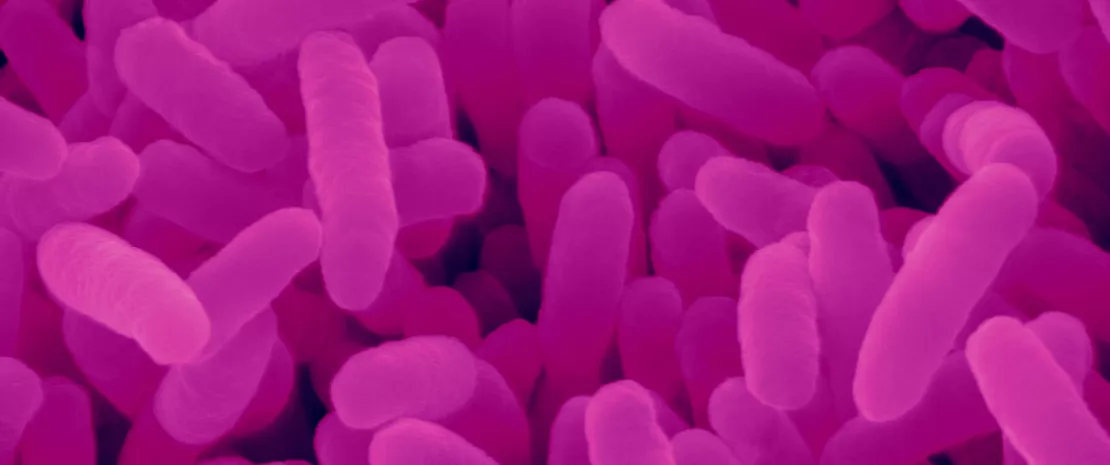Multiple sclerosis and microbiota: does meat consumption play a role?
Multiple sclerosis (MS) is an autoimmune neurodegenerative disease that affects 2.5 million people worldwide. A recent study published in eBioMedicine shows a network of associations between meat consumption, an increase in certain blood metabolites and pro-inflammatory markers, and fewer polysaccharide-digesting bacteria in patients with this disease. Explanations.
Lay public section
Find here your dedicated section
Sources
This article is based on scientific information

About this article
Recently, research has revealed the involvement of gut microbiota (GM) in the pathogenesis of MS, yet little is still known about its mechanisms.
A novel multiomic approach
For the first time, a research team has investigated interactions between diet, immune system, metabolism and gut microbiota in the development and progression of MS. For this, the researchers adopted a multiomic methodology.
This novel approach was the subject of a 6-month study. Blood and stools from the 49 participants (24 untreated MS patients and 25 non-diseased individuals) were collected at baseline and 6 months later. The metabolic profiles and GM of all participants remained stable for more than 6 months. Participants were also asked to record what they ate at each meal.
An altered relationship between gut microbiota and the immune system in MS patients
The results were similar to those of previous studies: on the whole, both groups share a similar bacterial community structure. However, MS patients had a lower abundance of bacteria with immunomodulatory properties. Moreover, the microbiota of patients differed depending on the extent of their disability, suggesting a possible link between certain species and disease severity.
The results of the multiomic analyses also suggest dysfunctional homeostasis of microbiome–immune system interactions, because a disrupted immune cell–microbiome relationship and modification of the blood metabolic profile were observed in the group of MS patients.
Meat consumption: a possible explanation?
Study of the participants’ food diaries played a key role in this research.
The researchers found that MS patients consumed more meat. This consumption was correlated with an increase in the quantity of Th17 cells, involved in the autoimmune process, and of S-adenosyl-L-methionine (SAM), a metabolite produced from methionine (an amino acid enriched in meat) and involved in the activation of Th17 cells. Conversely, MS patients had reduced proportions of B. thetaiotaomicron bacteria, known for being highly capable of digesting polysaccharides.
A new therapeutic approach?
This data points to pathways of interaction between diet, gut microbiota, immune response and blood metabolome through B. thetaiotaomicron, Th17 and SAM. For the authors, these results suggest that decreasing dietary consumption of meat or methionine could reduce the number of circulating pro-inflammatory Th17 cells in MS patients.
This study, and its promising results, could pave the way for a better understanding of the regulatory pathways between diet, metabolites, immune response and microbiota, to prevent multiple sclerosis from worsening and possibly open up avenues for new therapeutic targets. This study has been widely reported in the medical press and is of particular clinical interest. It will be discussed on World MS Day on May 30.







